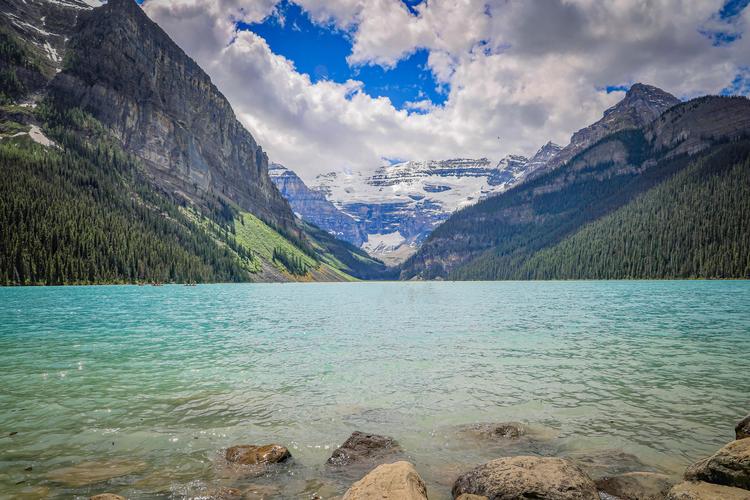Exploring the Diverse Elements of Global Culture in New Zealand
New Zealand is a country that prides itself on embracing diversity and has a unique mixture of cultural influences that sets it apart from other nations. It is home to a wide range of cultures that makes it one of the most diverse countries in the world. From the indigenous Maori culture to the European settlers, Pacific Islanders, and Asian communities, New Zealand is a melting pot of different ethnicities, languages, and customs.
This article delves deep into exploring the diverse elements of global culture that exist in New Zealand, examining the different cultural groups, their customs, and traditions. It highlights how the country’s diversity has contributed positively to its overall development and how it has emerged as a model for embracing multiculturalism in society.
Maori Culture
The first inhabitants of New Zealand were the Maori people, and they have a rich cultural heritage that has been passed down through generations. Today, the Maori are an important part of New Zealand’s cultural landscape, contributing with their distinct language, dance, and art forms.
The Haka, a traditional Maori dance, has become synonymous with New Zealand, and is performed at important events. It is a symbol of respect, strength, and unity for the Maori people. Visitors to New Zealand can experience Maori culture through museums, cultural centers, traditional food, and performances.
European Influence
The European influence in New Zealand dates back to the early 1800s when European settlement began. Today, around 70% of the population has European ancestry, making it the largest ethnic group in the country.
This European influence is seen in the architecture, language, and food. Many European dishes, such as Fish and Chips, Roast Beef, and Shepherd’s Pie, have become popular New Zealand staples.
Pacific Islanders
New Zealand is also home to a significant number of Pacific Islanders, mainly from Samoa, Tonga, and Fiji. They have brought their unique cultural practices, such as Kava ceremonies, tattooing, and dance, to the country.
Pacific Islanders are known for their hospitality, and visitors to New Zealand can experience this through traditional meals and local hospitality. The Pacific Islands’ influence has also impacted New Zealand’s music scene, with reggae and hip-hop being popular genres.
Asian Communities
The Asian population in New Zealand has grown significantly in recent years, and they have contributed to the country’s prosperity. They have brought their traditions and customs, such as the Chinese New Year Festival and Diwali, to the country. Asian cuisine has also become increasingly popular in New Zealand, with Chinese and Indian foods being among the most popular.
Conclusion
New Zealand’s cultural diversity has enriched its society and made it an attractive destination for visitors from around the world. The country has been able to foster respect and tolerance among its different communities, making it a model for multiculturalism.
The Maori, European, Pacific Islanders, and Asian communities have all contributed their unique cultural elements, making New Zealand a truly diverse nation. Visitors to New Zealand can experience a blend of these different cultures through food, music, dance, and festivals.
New Zealand’s multiculturalism has enabled it to prosper economically, socially, and culturally, and this diversity is a key part of what makes New Zealand a unique and fascinating country to explore.
(Note: Do you have knowledge or insights to share? Unlock new opportunities and expand your reach by joining our authors team. Click Registration to join us and share your expertise with our readers.)
Speech tips:
Please note that any statements involving politics will not be approved.
